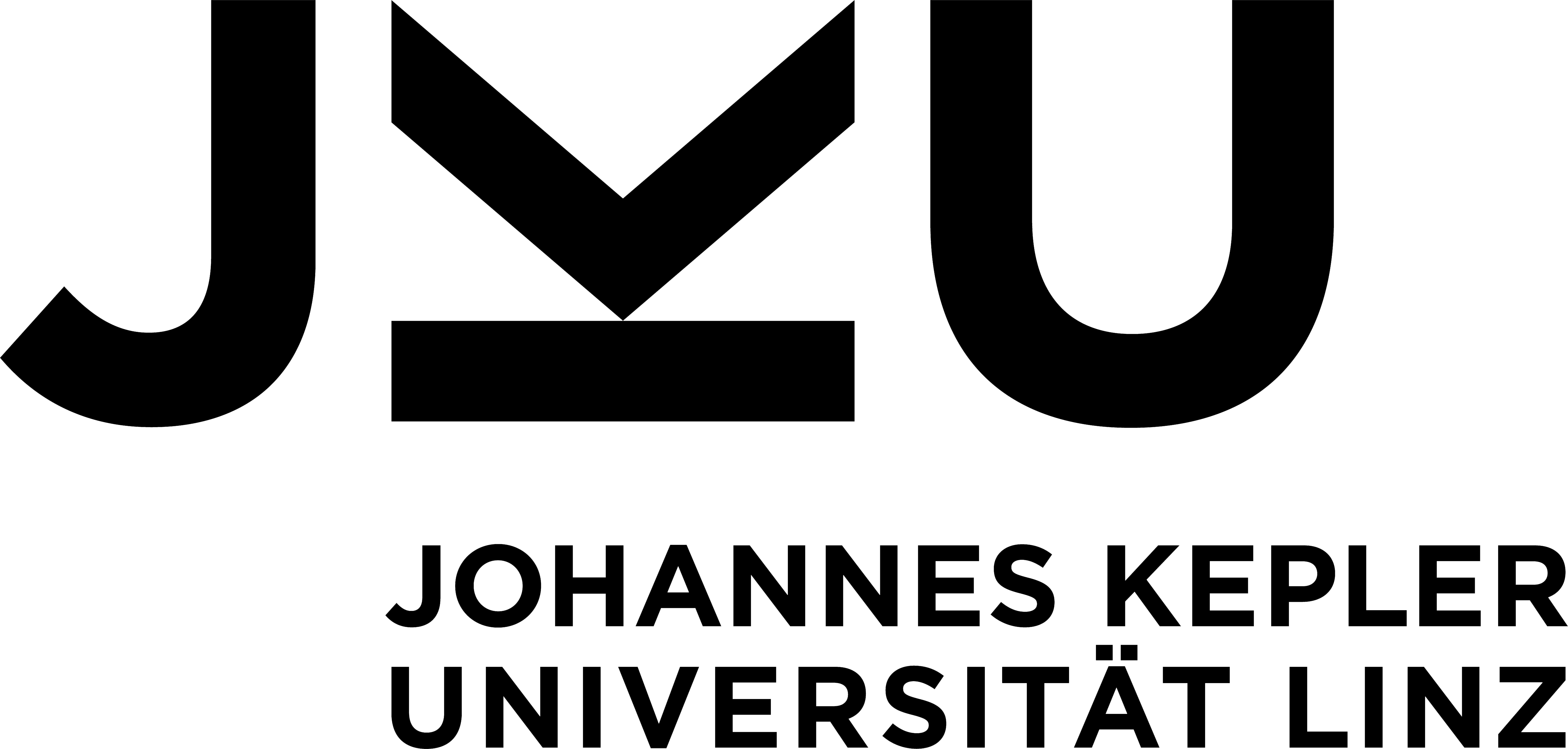Computer Science Colloquium
Joaquim Jorge
Technical University of Lisboa
Touching more than two dimensions: augmenting surfaces with sound
Tue 13.11.2012, 14:30, 60 minutesScience Park 3, Raum 048
Abstract
Work on interactive tabletops and surfaces has focused mostly on two-dimensional issues, such as multi-finger gestures and tangible interaction. Interesting as it is, however this picture is missing several dimensions. I will describe work on 2D and 3D semi-immersive environments and present novel on-and-above-the-surface techniques based on bi-manual models to take advantage of the continuous interaction space for creating and editing 3D models in stereoscopic environments. I will also discuss means to allow for more expressive interactions, including novel uses of sound and combining hand and finger tracking in the space above the table with multitouch gestures on its surface continuously. These combinations can provide alternative design environments and allow novel interaction modalities.Bio
Joaquim Jorge is a Professor at Instituto Superior Técnico (IST/UTL), the School of Engineering of the Technical University of Lisboa, Portugal, where he teaches User Interfaces and Computer Graphics. He received PhD and MSc degrees in Computer Science from Rensselaer Polytechnic Institute, Troy, NY, in 1995. He is Editor in Chief of Computers & Graphics Journal and a member of the ERCIM Editorial Board. He is a senior member of ACM/SIGGRAPH and IEEE Computer Society as well as Portuguese national representative to IFIP´s TC13 (Human Computer Interaction). He has also served on the EG Education Board since its inception in 2001 until 2011. Joaquim Jorge's interests are in Calligraphic and Multimodal User Interfaces, Visual Languages and Pattern Recognition techniques applied to Human-Computer Interaction. He was elected Fellow of the Eurographics Association in 2010.Invited by Univ. Prof. Dr. Oliver Bimber, Institut für Computergrafik
The Computer Science Colloquium is organized by the Department of Coputer Science at JKU, the Österreichische Gesellschaft für Informatik (ÖGI) and the Österreichische Computergesellschaft (OCG).
